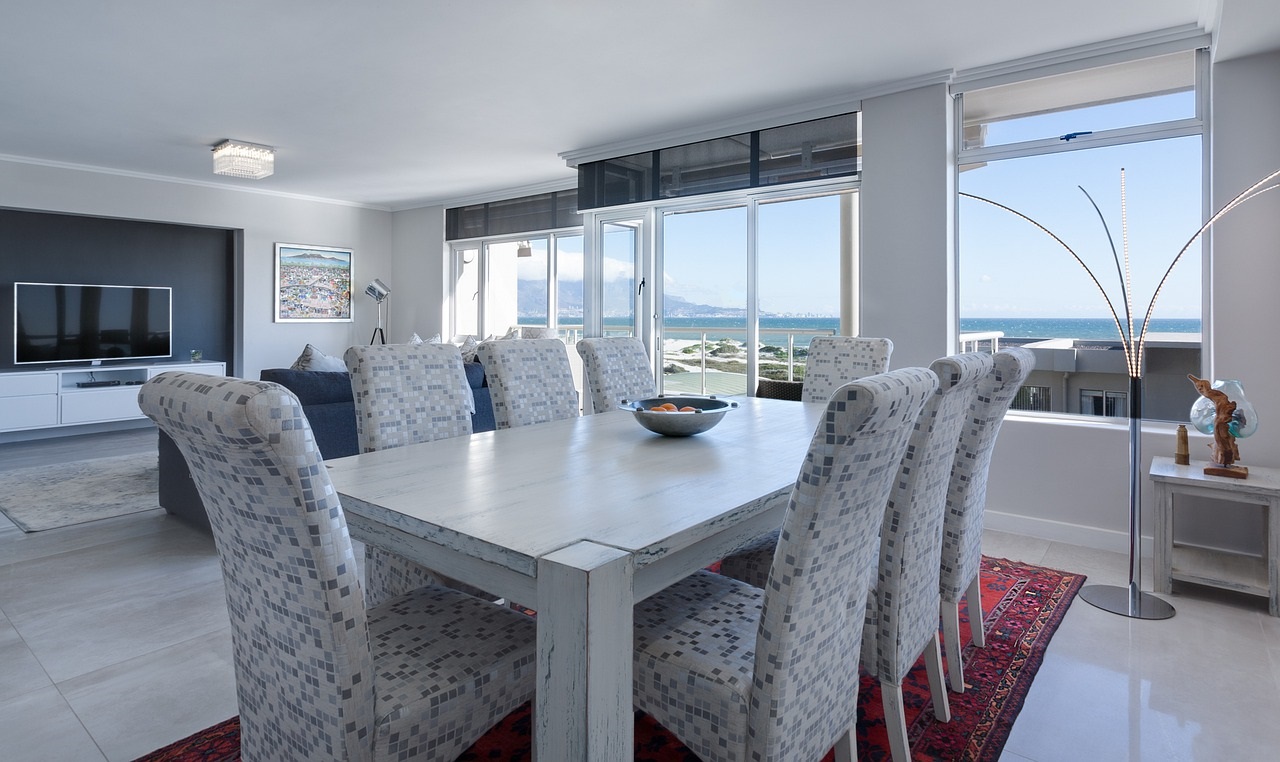
Legal implications of buying a second home or holiday home
Many people wish to buy a second home or holiday home as an investment and, now that property prices have stabilised and are rising in Northern Ireland, many see this as a good way to protect their capital, to provide a reasonably attractive income stream and allow for some growth in the value of their investment. For those who have retired or are nearing retirement or who simply wish to have a holiday home, it is often a good way to invest for the future and to enjoy an improved quality of life through having a holiday home to share with friends or family.
This article looks at some of the legal implications of owning a second home or holiday home.
Stamp Duty Land Tax
In April 2016 the government introduced a levy on the purchase of second homes so that, in addition to the Stamp Duty Land Tax (SDLT) payable depending on the value of the property, an additional charge of 3% of the value of the property was levied. So, for example, if you purchase a second home for £125,000, you will not have to pay the standard rate (as the value of the property is under the SDLT threshold) but you would have to pay a levy of 3% of the property’s value i.e. £3,750. The table below sets out the current rates for SDLT.
|
Purchase price of property |
Rate of Stamp Duty |
Buy to Let / Additional Home Rate |
|
£0 – £125,000 |
0% |
3% |
|
£125,001 – £250,000 |
2% |
5% |
|
£250,001 – £925,000 |
5% |
8% |
|
£925,001 – £1,500,000 |
10% |
13% |
Income Tax
Income from rental/holiday letting income is treated as being taxable at your income tax rate. If you purchase a second home using mortgage finance, depending on your income tax threshold, some or all of the mortgage interest can be set off as an expense against the income you generate from the property. Any income which you receive needs to be declared to HMRC via self-assessment. This is a relatively simple process, but you need to be organised, keep accurate records and make returns on time each year in order to avoid late filing penalties, interest or other charges.
We have developed an information pack which we can give to you to point you in the right direction when it comes to dealing with income tax on rental income from second homes or holiday homes. Please ask for this if you are interested in finding out more.
Service Charges
If you own an apartment it is important to note that you will also have to pay service charges each year for buildings insurance, lift maintenance and maintenance of common areas (such as car parks, shared staircases and garden areas etc.). These charges can be in the region of £750 to £1,000 for an apartment. In the case of houses in developments (built after 2002 when a new planning policy concerning common areas/green spaces came in to force) there can also be a service charge for insurance and maintenance of common areas etc. These charges can be in the region of £150 to £200 per annum.
Insurance
If you let a second property it is important that you have landlord’s buildings insurance cover to provide insurance against claims arising out of any defects in the property. You should speak to your insurance broker about this and advise them that you let the property and they will be able to guide you through the process and ensure you are adequately covered.
Future Planning
Depending on your circumstances, you may wish to consider purchasing your second home in such a way that it does not form part of your estate on death so as to mitigate against Inheritance Tax. This is a specialist area of law but one in which we regularly advise and can assist with, if necessary.
Conclusion
Owning a second home can be a very rewarding experience; it can provide useful rental income (at a greater rate than current savings interest rates), it can provide you with a bolt hole to escape to in order to spend time with friends and family (or just to get away from it all) and, for those who purchase a second home in a popular holiday destination, it can provide an enhanced income if you let the property for holiday lettings.
We can help you navigate all the legal issues associated with such a venture. We can assist with the purchase of the property itself, the drafting of tenancy agreements and contracts for holiday lettings and can advise you on all aspects of property ownership and property management. We also have developed strong contacts with various local estate agents and property management companies who can administer lettings for you to take away some of the administrative burden often associated with letting a second home.
If you would like to discuss anything raised in this article further, please contact Stephen Wilson on 028 2766 2118 or email him at stephen.wilson@thomastaggart.com.
Please note: this article is a general guide only of the main issues to consider when purchasing a second home or holiday home. It is not a comprehensive statement of the relevant law and professional advice should be taken before any action is taken in reliance on any item covered.
